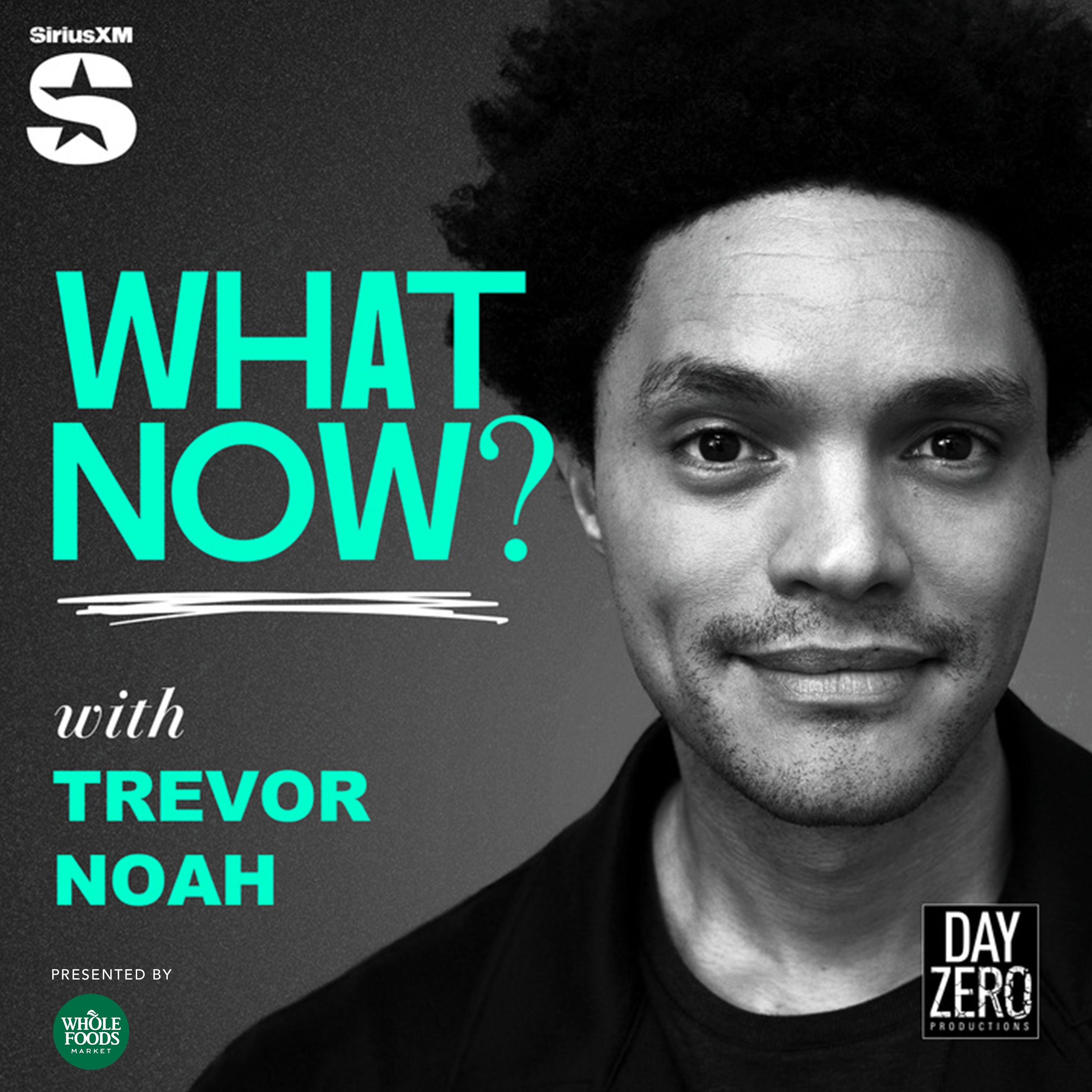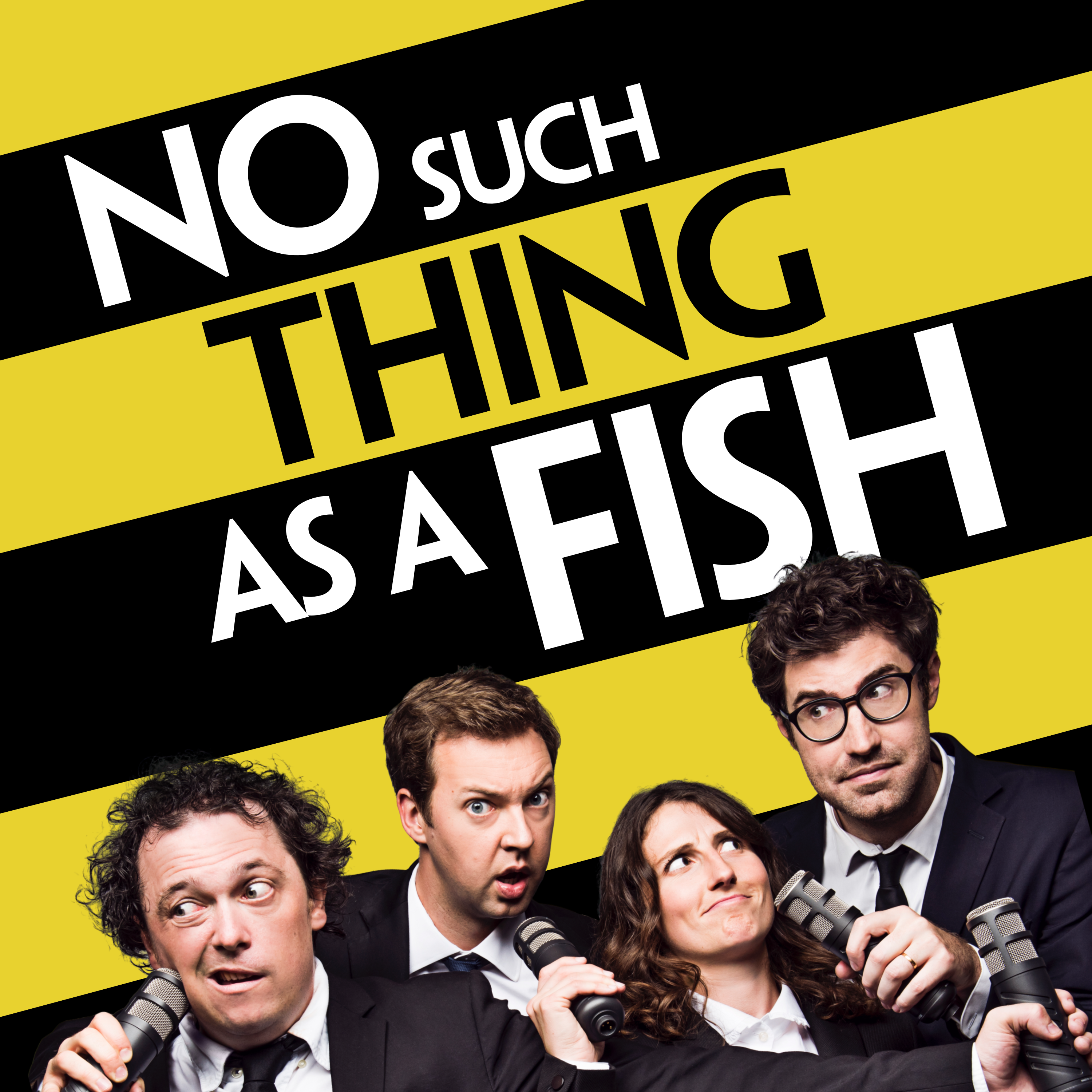
Academic Distinctions: A Podcast to Make Sense of American Education
Hosted by Stephanie Melville and Zac Chase, "Academic Distinctions" is a podcast for educators that tackles the reading and research teachers often don't have time for. With experience as classroom teachers, district administrators, and federal policy wonks, the hosts bring a unique perspective to discussions on education's "greatest hits" and current events. The podcast is committed to delivering engaging, informative, and actionable content that is relevant and responsive to the needs of educators.
Academic Distinctions: A Podcast to Make Sense of American Education
013: Tutoring, Laptops, and Grading for Equity? Not a silver bullet among 'em.
Stephanie and Zac take a closer look three top education stories from the last week.
1. High-dosage tutoring doesn't pay off for districts after the pandemic. But it's a case of apples and oranges.
2. EdWeek talks to a teacher who has students put their computers away, and we've got questions about the rest of the story.
3. Fordham says teachers don't like equitable grading practices, and we wonder if they might be bringing bias to a pedagogy fight.
Plus, we look at a review of big ideas from learning sciences important for pre-service teachers.
um
SPEAKER_01:I'm Zach Chase. and give you some sources that you might add to your reading list in an educationally beneficial way. Stephanie, you got two stories this week. I got one in a journal article. What do you got for us?
SPEAKER_00:Yeah, our first article today is called, or sorry, is headlined Tutoring Was Supposed to Save American Kids After the Pandemic. The results?
SPEAKER_01:Sobering. I love a silver bullet claim in
SPEAKER_00:the headline. Yes, yes. This source or this article comes to us from a non-profit education news site called the heckinger report and it examines the recent findings on the impact of high dosage tutoring as a means of addressing the so-called learning loss from the pandemic the tldr is that tutoring had promise you know yes studies pre-pandemic showed students could gain up to a full year of learning with proper implementation and funding which meant in some cases about four thousand dollars per student that's a lot of money for students yeah and Not a small chunk of change at all. And, you know, the cool thing was, was that those gains were larger than small class sizes or summer school usually achieve. So
SPEAKER_01:we got a year for every kid.
SPEAKER_00:Right. Wouldn't that be lovely? Yeah. But, you know, despite federal encouragement and funding, large scale efforts after COVID had disappointing results showing closer to one to two months of learning gains in math or reading.
SPEAKER_01:Okay. That's a bummer. Why did you bring this?
SPEAKER_00:My main issue, I guess, with this article is I would point to the differences in implementation between pre-pandemic and post-pandemic studies, right? This is a classic case of apples and oranges for like a billion different reasons. Originally, there was this meta analysis that was done in 2020 that had nearly 100 studies that all pointed to these impressive math or reading gains for students who were paired with a tutor at least three times a week in school and used a proven curriculum or set of lessons plans.
SPEAKER_01:Your emphasis there makes me think that what happened after the pandemic was different?
SPEAKER_00:Yes. So a report from the University of Chicago Education Lab on post-pandemic efforts found most tutoring programs ranged between$1,200 to$2,000 per student, and each tutor would usually have between four and eight students. But the pre-pandemic programs that were heralded as high dosage were either one-to-one or two-to-one. The dosage gets diluted when there are more students in the mix. You know, one-on-one isn't not going to be as concentrated as one on eight. It's apples to oranges.
SPEAKER_01:If I'm taking an antibiotic, and I take all of the prescription for myself, I'm probably going to get over whatever my illness was. But if I have to share that one dosage with eight other people, I'm probably not going to get better.
SPEAKER_00:Yeah,
SPEAKER_01:maybe just a little better.
SPEAKER_00:Right, right, right. You know, we can't be surprised when we're doing things differently gets us different results.
SPEAKER_01:I hear it. What else?
SPEAKER_00:The pre pandemic study had better control than we have right now. There were two groups, those that got tutoring and those who got no extra help. That was how things happened before. And after the pandemic, everyone got some kind of help. We went to having one-to-one devices. Everybody had some technology. Everybody got small group instruction. Everybody got new curricular resources. So all of those things were added into the mix. And so they got all that extra help, but then also some students additionally got tutoring Instead of help, no help, we have lots of varieties of help and tutoring, and it's delivered differently than it was pre-pandemic. So, for example, the pre-pandemic study found in-school tutoring was more effective than after-school tutoring, but because it's really difficult to put enough adults in a room, enough tutors in a classroom during the class day, you know, that's a lot of money, most of the recovery dollars were thrown at after-school tutoring programs because those are easier to do with with thousands of students. Again, apples and oranges.
SPEAKER_01:My point here is also an apples and oranges point. Edmonton has a great timeline of how folks received and then had to spend what are called ESSER funds. These are funds from the federal government that most schools and districts use to fund these tutoring initiatives. And they had to get the money out the door and stand up these things really quickly. In the studies that you're talking about, these were clinical approaches, right? There was a study that was involved. So they were really setting the board before implementing. The ESSER funded pieces were a lot more like trying to build the plane while you fly it, a very common educational metaphor. And so I'm not surprised that things turned out differently because it's not like a lot of people were just waiting outside schools saying, I'm a highly qualified tutor, please hire me to do these things. Schools were moving very quickly to use these funds and didn't necessarily have the time they needed or would have wanted to plan these efforts out. The other thing that I think is really important here is that in a pre-pandemic world, it was just that. We didn't have students who were receiving tutoring who had all had a multi-year shared traumatic event where they thought that going to school might kill them or cause them to take something home that would kill their aunts, uncles, and grandparents. So this, again, is that unresolved attention to student mental health. So those tutoring interventions are probably not going to be as effective because we know that if a student is worried about something else, then they probably aren't going to be ready to learn an academic subject or content.
SPEAKER_00:All right, Zach, so what do you got?
SPEAKER_01:I'm so glad you asked, Stephanie. My story this week is one that was on the landing page of the education news site Ed Week, which many people already know about. It was also included in two email blasts sent to me by Ed Week. Two, they really wanted people reading the story titled, Why One Teacher Told Students to Put Their Chromebooks Away for Good, which just has, I don't know, like, I don't know if it's my reading it or Or if it's the intended tone. But this is by Sarah Schwartz. And the piece is a Q&A between Schwartz and a science teacher in LAUSD. And as the headline implies, she told her students they wouldn't be using their school provided Chromebooks anymore. This one could have been so much better. So, so, so much better.
SPEAKER_00:Tell us how.
SPEAKER_01:I wanted better questions, honestly. The teacher has students in a science class and she talks about using paper and pencil for the students. to take notes. And I couldn't help thinking about why do we have kids in a science class to learn about science, to take on and embody scientists, right? This isn't its best version. And you know what scientists use are computers. Yes, they use paper and pencil, but they don't eschew computers. They use them as necessary. And so this like all or nothing attitude and this kind of recreating the game of school and instead of helping students find their way into science, makes me think of David Perkins' book, Making Learning Whole, where he talks about the importance of having students play the whole game of whatever we're learning about as close to possible. And it makes me think of Lave and Winger's idea of legitimate peripheral participation, which is this idea that we learn best by kind of being peripheral and participating and learning a thing in really real ways. They're talking about social pieces. And I think that by saying computers aren't a part of being a scientist, you're creating a misunderstanding of these social interactions that scientists have on a regular basis. I also have one other question. How is that teacher supported? Mary Beth, has a great article in Edutopia titled Digital Tools and Distraction in School. Hertz argues it is incumbent upon educators to help kids navigate these spaces. The distraction is part of the need of education nowadays. How do we help them learn when to turn off notifications? How do we help them to say, I turn this off now, I turn this back on? I'm wondering if this is an edifice of the pandemic where we didn't have to really do those things for students because they weren't in classrooms. And they develop their own habits. And now we're fighting against that. What do you think?
SPEAKER_00:I found myself thinking some of the same things, you know, like shutting down the tech is certainly one way to deal with the frustration. It's also the easiest. We know from Gandalf, what is easy is not always what's right. Right. What if we viewed this as an opportunity to investigate practices?
SPEAKER_01:How so?
SPEAKER_00:Well, every behavior is communication. Like these kids were clearly saying they were not interested in what she was selling. Yeah. And that's great feedback. It's not always the feedback we love to get, but it's feedback that is, can really point to an opportunity to shift practice or to seek additional support in utilizing tech in the classroom as a means of adding to pedagogy that relies on direct instruction. Okay. It makes me really think about an article that, um, that we found in science that talks to how lectures aren't just boring. They're ineffective. Like, I want to be clear. I'm not knocking direct instruction, right? It's a great tool when it's used along with other methods like inquiry-driven instruction. I'm just not getting the vibe from the reporter that the teacher did anything of value with the computers beyond digital note-taking.
SPEAKER_01:This connects to my kind of professional learning question as well.
SPEAKER_00:Exactly. So what I wondered as I read this was how much this teacher had considered shifting her practice to better leverage the tools available to her. I want to point to this piece also from Edutopia on the powerful case for PBL or project-based learning. It's about support and professional learning. Without those key pieces, educators are going to revert to old practices, just like how we're seeing here. She was given a classroom set of computers, and instead of knowing how best to use them, she's gone back to pencil and paper. Not great. Not my favorite.
SPEAKER_01:What do you got for me? Throw me something happy.
SPEAKER_00:Yeah, my last article is here's what teachers really think about equitable grading practices by Elizabeth Hubek from Ed Week as well from their teaching and learning homepage. For folks following along at home, just in case you don't know what equitable grading policies are, that is the idea that you are taking out some of the more fringe parts of grading in your gradebook. So instead of reducing a grade of a student because they are showing up to class tardy, that might be a thing that you I've always heard of
SPEAKER_01:this as helping grades better reflect student learning.
SPEAKER_00:Yes, exactly. Thank you. My first issue is that this report talks about five different equitable grading practices. And then it says this is how educators feel about it. The thing is, is that there are 11 equitable grading practices. grading practices in Joe Feldman's book, Grading for Equity.
SPEAKER_01:I just want to throw out here, I know you are the math person, but that is six less than 11.
SPEAKER_00:But this is something that we do in education. We find a thing, we love the results, we try to replicate it using only some of it, right? And then we get mad that it doesn't work out the same. Like what would have happened if they had implemented the missing pieces, just involving rubrics, let's say, to score assessments, right? Not just taking out zeros, but taking out zeros and backing it up with a rubric or something else. It's just it's all about packaging. And the study in this article has things poorly packaged.
SPEAKER_01:My point on the story is, is real quick. This is, as the article notes, an unscientific poll, meaning not a necessarily representative sample. And it is put into a study conducted by a conservative think tank that is on the record against these policies and whose president has consistently misrepresented this approach in the same way that you were just talking about leaving out some of the facets so that we're not taking a whole picture view of Feldman's approach. The other thing here is that I wish we had shown the full spectrum, right? So there's the traditional grading practice. There's what Feldman is talking about. And then there's, I think, what I would say on the other end of the spectrum, Alfie Kohn's work about getting rid of grades altogether. He's got a great essay called The Case Against Grading. I'm going to quote from it very briefly here. If we begin with desire to assess more often or to produce more data or to improve the consistency of our grading, then certain prescriptions will follow. So if we're trying to just do things with the numbers, we're going to think one way. If, however, our point of departure isn't mostly about the grading, but about our desire for students to understand ideas from the inside out or to get a kick out of playing with words and numbers or to be in charge of their own learning, then we will likely end up elsewhere. We may come to see grading as a huge, noisy, fuel-guzzling, smoke-belching machine that constantly requires repairs and new parts when what we should be doing is pulling the plug. So he's saying the opposite of everybody. And like, let's just throw it all out. Grading isn't necessary. So I wish that had been included in this as well.
SPEAKER_00:The teachers in Fordham study, they're quoted as saying, you know, if you take out homework and participation from the overall grade, that relinquishes teachers few sources of leverage. What are we grading then? But Kubik also quotes Joe Feldman is saying, I think people who support traditional grading are very interested in motivation as compliance. Well, Whereas equitable grading talks about motivation in terms of personal responsibility. The whole point of Feldman's book is taking obedience out of grading policies. The grade should reflect what students know, not how many assignments they completed on time. It's not lowering expectations, but being able to more accurately describe what students know and can do. And Enterprise Institute's Rick Hess does a really great job of drawing out the differences between equitable grading and more traditional grading in his 2024 conversation with Feldman also can be found on Ed Week. So I really think that when we take those two things together, the two things being Feldman's work and then Cohn's work, there's got to be a middle ground in here somewhere.
SPEAKER_01:I like it. You know what else I like? I like this article that was in a 2024 issue of Applied Developmental Science, you know, a little bedtime reading. As I said at the top, we will be talking about one journal article in each episode. And this week, it was mine to choose. It is an article by Linda Darling Hammond and at all, looking at educating teachers to enact the science of learning and development. So how do we take all the things we're learning from brain science and learning sciences, and how do we incorporate those to prepare pre-service or new teachers? There are three things that this article says are kind of key. And one is understanding the brain's ability to change and adapt. See our whole conversation around growth mindset for more on that. Also, the interconnectedness of social, emotional, and cognitive learning. This one's really interesting. I've done a lot of reading around this too, right? If we want people to learn things, academic content, then their social, emotional safety and well-being is important too. The brain isn't going to want to learn new stuff about science, math, reading, if it doesn't feel like it's safe in its setting. The other and third piece here is the importance of building on a student's prior experiences and cultural background. A lot of what we have seen recently in the learning sciences points to this as being an important fact. Build on what they already know, rather than saying this is wholly and completely new, which requires you to get to know the students. This article was published in 2024 and we did a quick scan of the references. The most recent reference was only two years old from 2022. The oldest was one from 1975 and the mean date of publication for all 88 references was 2009. So drawing on a pretty reasonably recent body of knowledge on this one. I wonder about how we might do this to not only get these three key points, but how we might build communities of practice for pre-service and in-service teachers. teachers so that they have a better understanding and are constantly getting updated with what we're learning in the learning sciences. And the last piece here is what if principals, district leaders committed specific amounts of time to learning new content based on research in every standing meeting. So if you are someplace that has an MTSS meeting, maybe the first 15 minutes are going to be a presentation of learning and a discussion led by a team member. Maybe you got a faculty meeting. Each time a different department is in charge of teaching a concept from recent research and leading a discussion, maybe 20 minutes at a time, that kind of commitment and allocation of time can move mountains to signal that everyone is expected to be learning within a school or system or any system, really. That's it. Those are our three stories and one article for Academic Distinctions. We hope you like this new format. It is an attempt to get relevant information and more complex points of view to you, our listeners. If you've got a story this week that you would like to share with us, find us at Academic Distinctions on Facebook. Where are we on Blue Sky, Stephanie?
SPEAKER_00:On Blue Sky, we are at Fixing Schools. On Instagram, we are at Academic Distinctions Pod. Of course, we want you to like share, subscribe, all that good stuff.
SPEAKER_01:And if you just want to send us an old-fashioned email, we're mail at academicsdistinctions.com. Academic Distinctions, as always, is financially underwritten by the Federation of American Scientists. You can find out more about their great work at FAS.org. Stephanie, it's been a pleasure.
SPEAKER_00:Likewise, friend.
Podcasts we love
Check out these other fine podcasts recommended by us, not an algorithm.

99% Invisible
Roman Mars
Ologies with Alie Ward
Alie Ward
Pod Save America
Crooked Media
Handsome
Headgum
What Now? with Trevor Noah
Trevor Noah
No Such Thing As A Fish
No Such Thing As A Fish
Throughline
NPR
Longform
Longform
